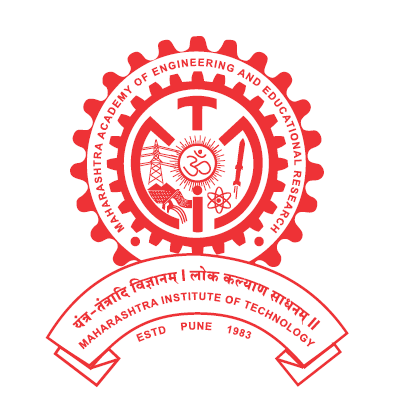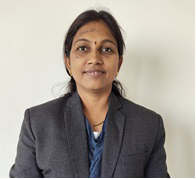Dear Students,
Welcome to MIT College of Railway Engineering and Research a multi faculty premier Institution with highly qualified academicians imparting education in different professional fields. Through an eventful four Years.
The primary objective of the department has been to impart quality education, training and research at the undergraduate level in various areas of Electronics and Telecommunication Engineering with broad emphasis on design aspects of electronic systems & Railway System. The department strives to train and empower our students who will make the world a better place by making use of engineering principles, techniques and systems. To that end, considerable initiatives have been taken to establish good laboratories in the areas of Electronics, Communication, Microwave, Digital Signal Processing, Microcomputer, Embedded and VLSI design & Railway Engineering with required hardware and simulation software’s.
Here, the students are provided with greater exposure in the core areas of Electronics & Telecommunication Engineering as compared to the students admitted in a similar program at other institutes of the state. The students are also encouraged to participate in the technical activities apart from the regular curriculum. Electronics and Telecommunication Engineering Department is well equipped with laboratories, qualified and dedicated faculties and staff
With a lots of Best Wishes..
Prof. Mrs. Deepali Gajanan Mali
Head of Department

